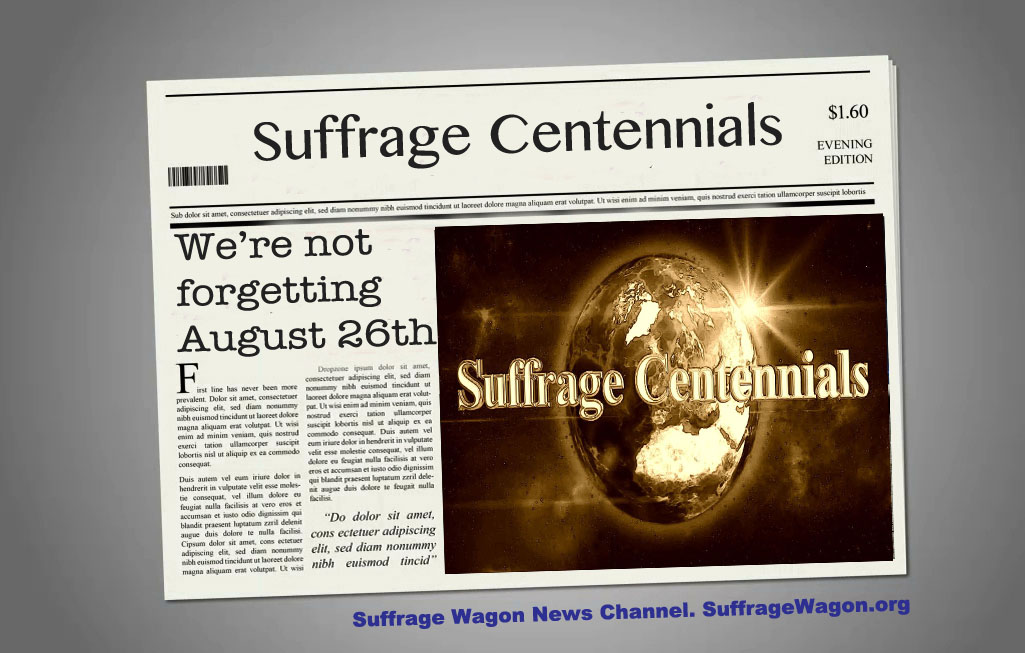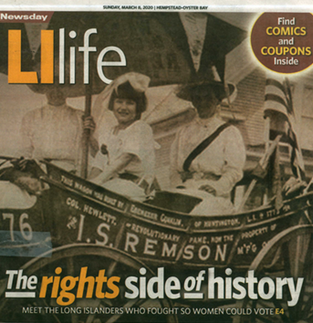Erich Fromm’s book, Escape from Freedom, was published in 1941. He was born in 1900. This combination certainly qualifies as “the past.” Fromm is easy to ignore because freedom is a popular topic. Fromm believes that if Americans actually believed in freedom and held it to their chests as a valuable goal, they would most likely trade it for conventional thought and action because it makes them feel secure and part of something significant. This view rattles many Americans as they contemplate the alleged end of democracy in the United States.
Fromm might say that Americans don’t believe in freedom anyway. They prefer conventional thinking, so this discussion rarely bubbles to the top of debates during late afternoon solons. Conventional thought requires less effort than free action and thought, Fromm believes.
This 20th century thinker says that “a modicum of increased insight—objectivity—can make the difference between life and death for the human race.”
I’m not tossing “the past” into a closet and refusing to mention it again. This is the approach of one friend dedicated to “optimism.” It’s crazy to throw away helpful insights just because they happened in “the past.” Anything can qualify as the past, even if what happened a second or several minutes before is uttered in the next sentence.
One of the reasons for Fromm’s controversial reputation is this psychologist’s assertion that freedom is difficult to achieve and may be impossible to maintain over long periods of time. Fromm claims that freedom can be frightening, and totalitarianism can be tempting. He explains why in four-part harmony.
Suffrage Wagon News Channel has been publishing since 2009.
August 26th is Women’s Equality Day celebrating the women’s valiant efforts

